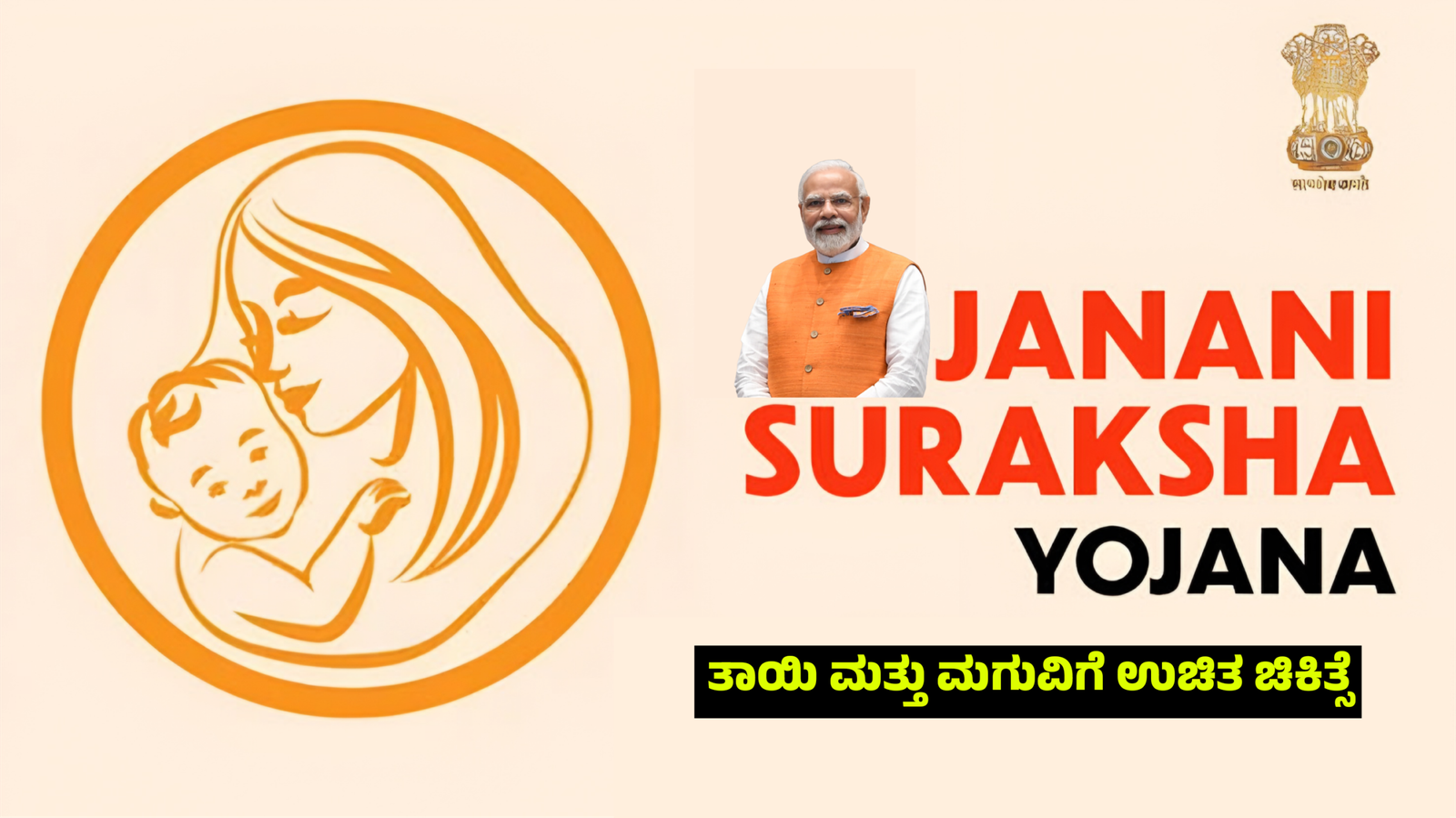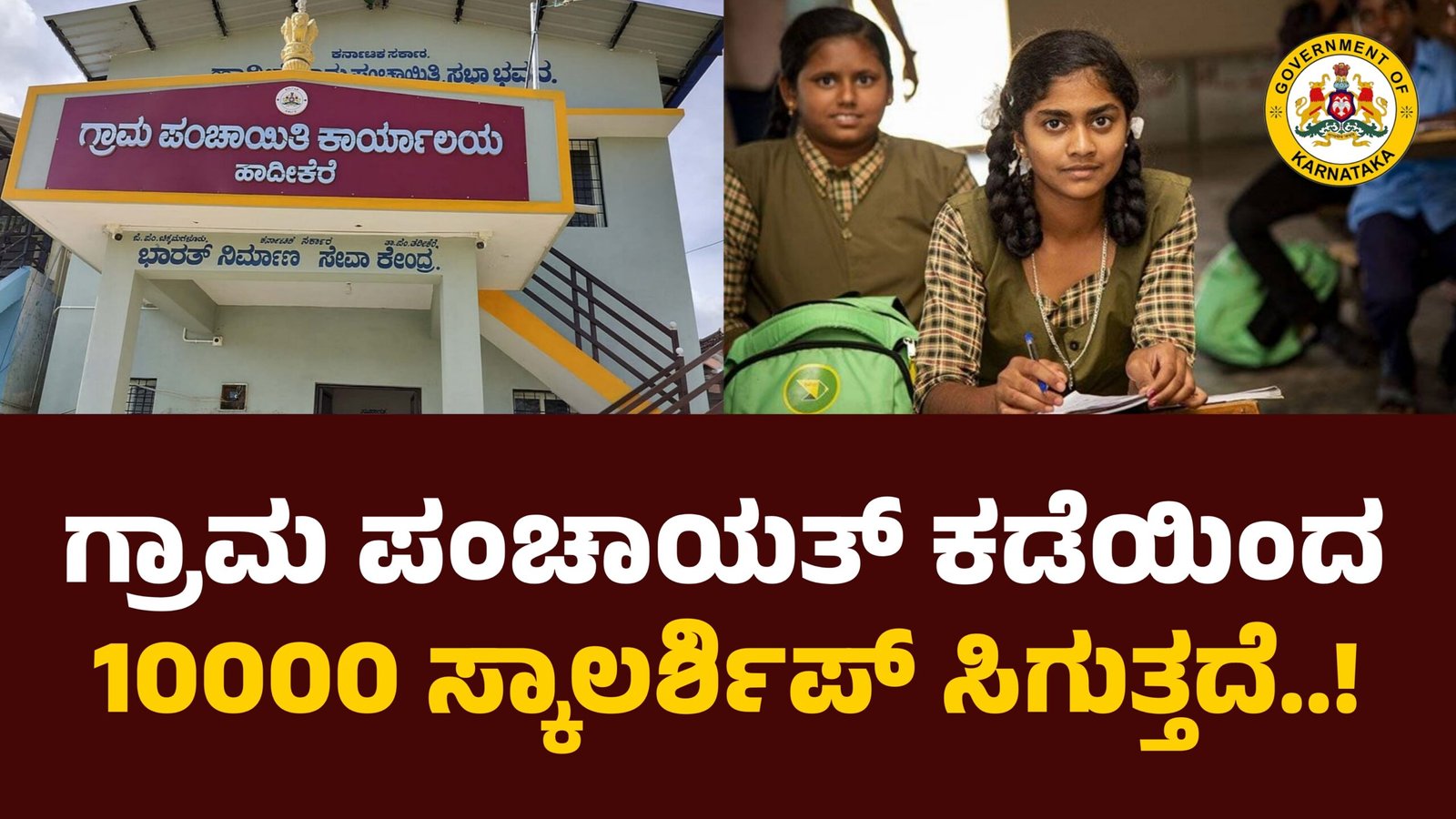Karnataka, a southern state in India, is known for its progressive approach to education. Over the years, the state has made significant strides in improving its educational infrastructure and offering diverse learning opportunities. Here are the top 10 features of Karnataka’s education system:
1. Strong Government and Private School Network
Karnataka has a robust education system that includes both government and private institutions. Government schools, managed by the Department of Public Instruction, offer quality education at minimal costs. Private schools, especially those affiliated with national and international boards like CBSE, ICSE, and IB, offer diverse curriculums, often incorporating global teaching standards.
Key Highlights:
- Wide range of government and private schools
- Government schools focus on affordability
- Private schools emphasize diverse curricula and global standards
2. Focus on Quality Higher Education
Karnataka is home to some of the top universities in India, including the Indian Institute of Science (IISc), Indian Institute of Management Bangalore (IIMB), and National Institute of Fashion Technology (NIFT). The state’s emphasis on higher education has led to a significant number of students opting for advanced studies in fields such as engineering, medicine, management, and research.
Key Highlights:
- Presence of prestigious institutions like IISc and IIMB
- Strong focus on engineering, medicine, and management education
- Encouragement of research and development
3. State and National Scholarships
The state government of Karnataka provides various scholarship programs to support students from economically disadvantaged backgrounds. These scholarships cover tuition fees and living expenses for students pursuing primary, secondary, and higher education. Additionally, national scholarships from organizations like the National Scholarship Portal are available to Karnataka students.
Key Highlights:
- Scholarships for economically weaker sections
- Various state-sponsored schemes for education
- National scholarships for Karnataka students
4. English and Kannada Language Education
Karnataka’s education system encourages multilingual proficiency. While Kannada, the state’s official language, is a medium of instruction in many schools, English is also widely used, especially in private and urban institutions. Students are often proficient in both languages, providing them with broader opportunities.
Key Highlights:
- Bilingual education: Kannada and English
- Promotes language diversity and proficiency
- English is widely used in higher education
5. Vocational Education and Skill Development
The Karnataka government emphasizes vocational education and skill development, offering numerous diploma and certificate courses. Institutes like the Karnataka State Open University (KSOU) provide flexible learning options for students interested in technical and vocational fields, ensuring the workforce remains competitive.
Key Highlights:
- Focus on skill-based education
- Availability of vocational training programs
- KSOU and other institutes offer flexible learning
6. Inclusive Education for Differently-Abled Students
The state has made significant strides in making education accessible to students with disabilities. Karnataka schools have provisions for special education, offering resources, facilities, and trained educators to ensure that children with disabilities can learn alongside their peers.
Key Highlights:
- Special education facilities in schools
- Support for differently-abled children
- Inclusive teaching practices
7. Strong Focus on Science and Technology
Karnataka is recognized as a hub for science and technology education. Institutes like IISc and the Indian Institute of Technology (IIT) Dharwad cater to students who wish to pursue careers in research and development. The state has also developed various tech parks and innovation hubs that partner with educational institutions to offer practical learning experiences.
Key Highlights:
- Hub for science, technology, and research
- Prestigious institutions focused on STEM education
- Collaboration between universities and tech companies
8. Innovative E-Learning Initiatives
Karnataka has embraced digital learning platforms, particularly in rural and remote areas. The state launched initiatives like “e-Pathshala,” which offers online educational content, and the “Karnataka State Open Educational Resources” to support students in accessing quality education remotely.
Key Highlights:
- E-learning initiatives for remote learning
- Online platforms like e-Pathshala and Open Educational Resources
- Increased access to digital learning materials
9. Focus on Early Childhood Education
Karnataka prioritizes early childhood education through government initiatives like the Anganwadi system and private preschools. The state has set up numerous early childhood centers to ensure that children get a strong educational foundation during their formative years.
Key Highlights:
- Government-funded Anganwadis for early education
- Focus on childhood development programs
- Expansion of private preschools in urban areas
10. Educational Reforms and Innovations
The state regularly introduces educational reforms aimed at improving standards. Programs like the “RTE (Right to Education) Act,” which guarantees free education to children from disadvantaged backgrounds, and the Karnataka Education Act, ensure that children have access to quality education. The state also encourages the adoption of innovative teaching methods and technology integration in classrooms.
Key Highlights:
- Implementation of the RTE Act for free and compulsory education
- Continuous educational reforms and modernization
- Encouragement of innovative teaching methods
Karnataka’s education system combines traditional strengths with modern innovations, offering students from all walks of life access to a quality education that equips them for global opportunities.







